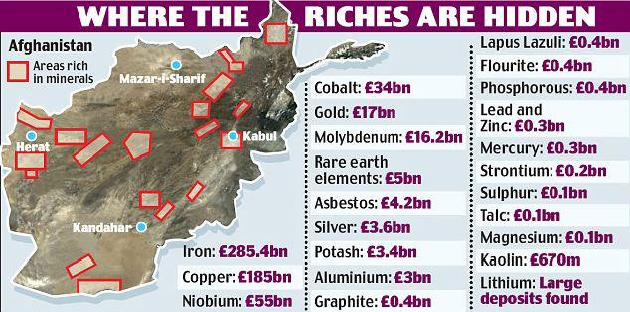London, UK – The Islamic State in Afghanistan (ISKP) controls major mining sites in eastern Afghanistan and has a strategic interest in the country’s rich mineral resources, new Global Witness research shows – a powerful example of the wider threat posed by armed groups and corrupt actors in Afghan mining.
Nick Donovan, Campaign Director at Global Witness, said: “The Islamic State appears to have a significant strategic interest in Afghanistan’s minerals and controls some major mining areas. Given its track-record of exploiting natural resources in Iraq and Syria, this should be a wake-up call for both the Afghan government and the Trump administration. There are no easy solutions to achieve this, but there are obvious reforms that could help, and which have yet to but put in place. The Afghan government and its international partners should urgently:
• Tighten control over the minerals trade in Nangarhar and across Afghanistan, especially the movements of minerals through the border between Pakistan and Afghanistan;
• Give local communities an interest in legal mining through a direct share of revenues and, where appropriate, community ownership of mines;
• Work with trade partners and consumer countries to put in place strong controls over supply chains from conflict affected areas; including a requirement for due diligence by importing companies;
• Carry out transparency and oversight reforms – like a single transparent sub-account for mining revenues – in order to make abusive mining more difficult and create a space for legal extraction that benefits the country and local communities.
• Prioritise security around the mines as part of a broader strategy to protect resource-rich areas.
The Afghan government has made clear and welcome commitments to most of these reforms, but they have yet to be implemented – upcoming amendments to the Afghan Mining Law will be a key test. A ban on the talc trade was imposed in early 2015, but was lifted later that year under pressure from traders.
Home » World » Islamic State and Taliban Fighting over Afghan Talc Riches
Islamic State and Taliban Fighting over Afghan Talc Riches

